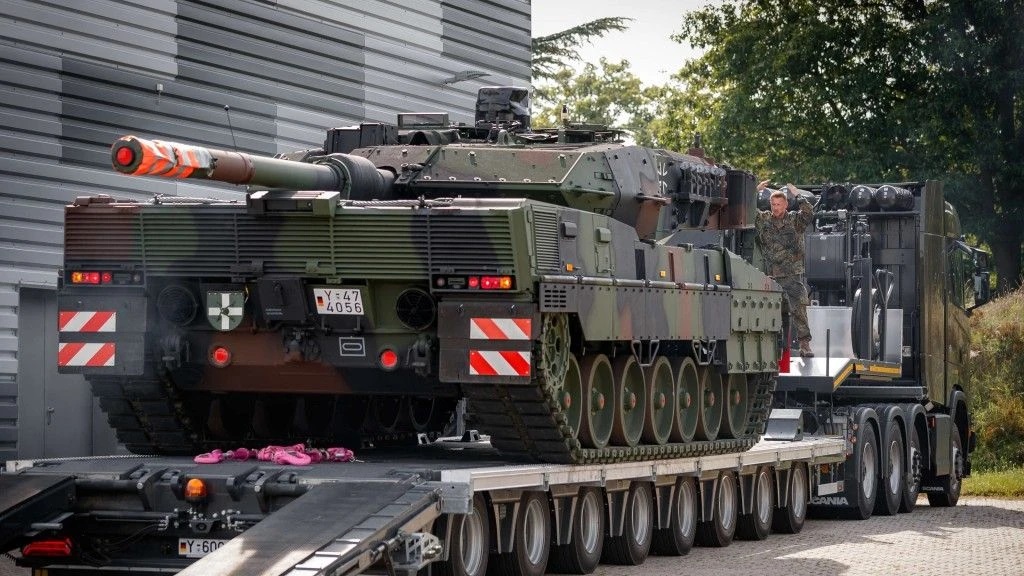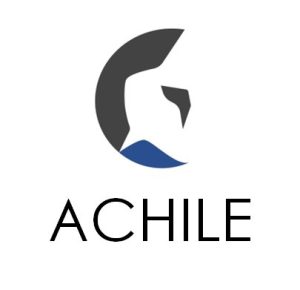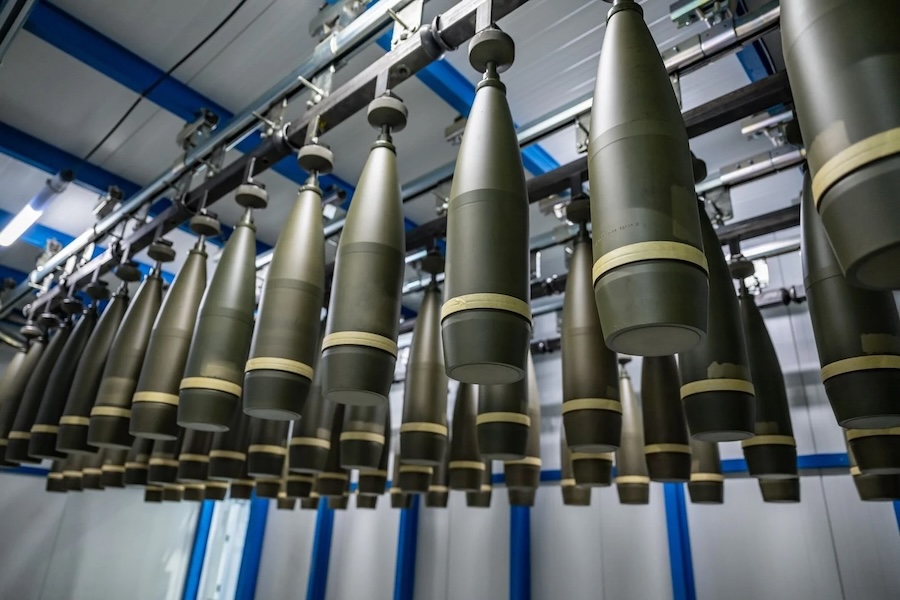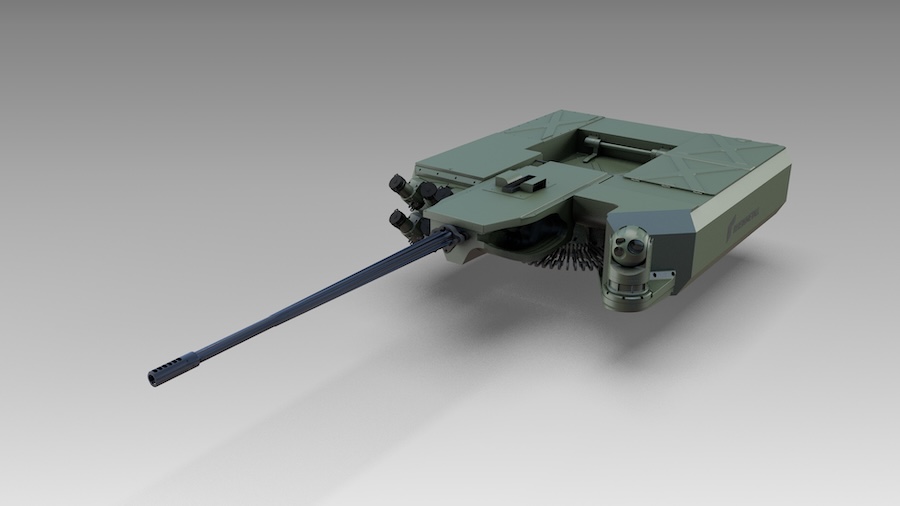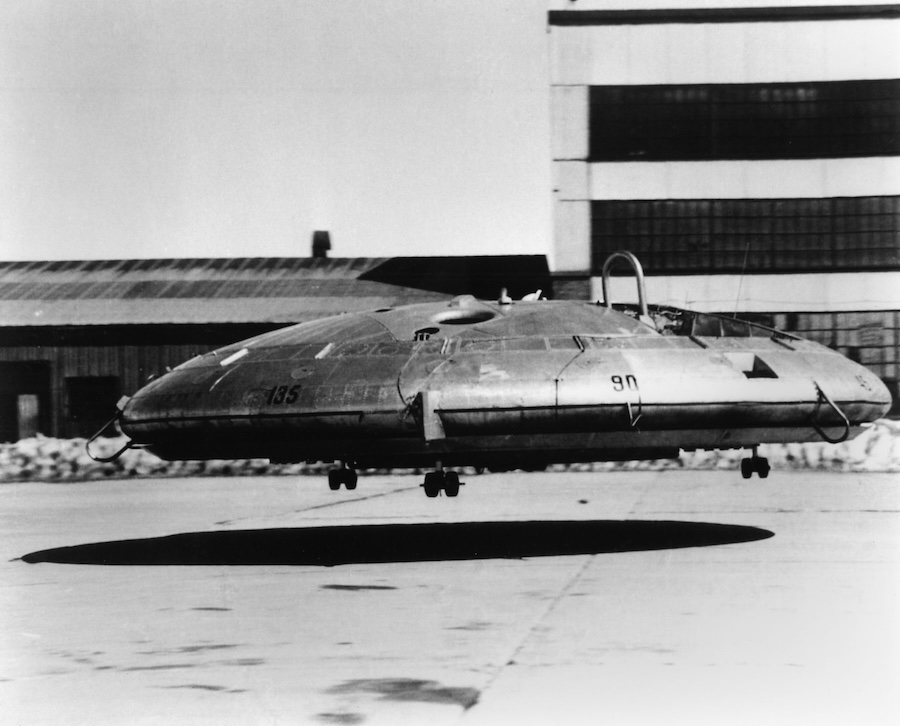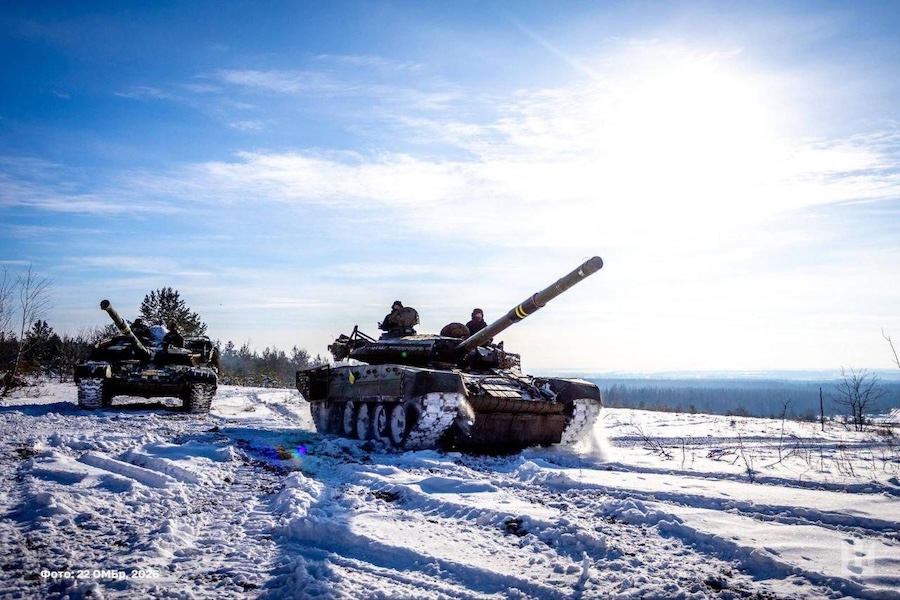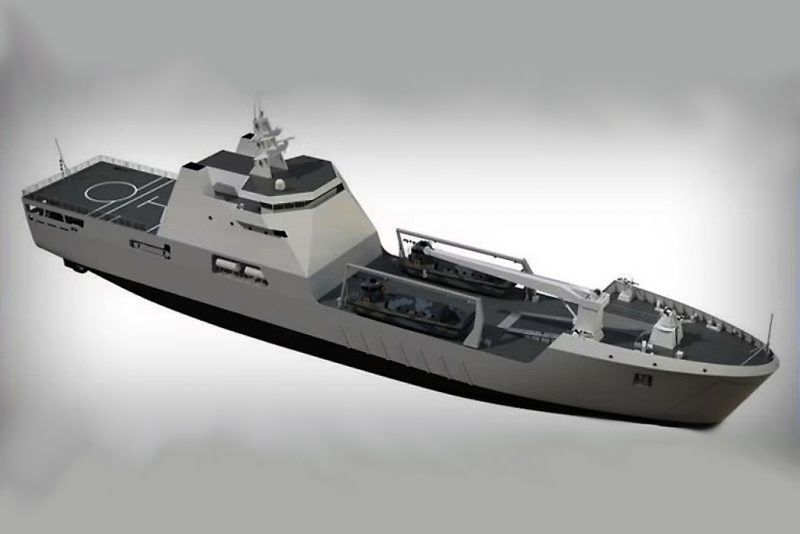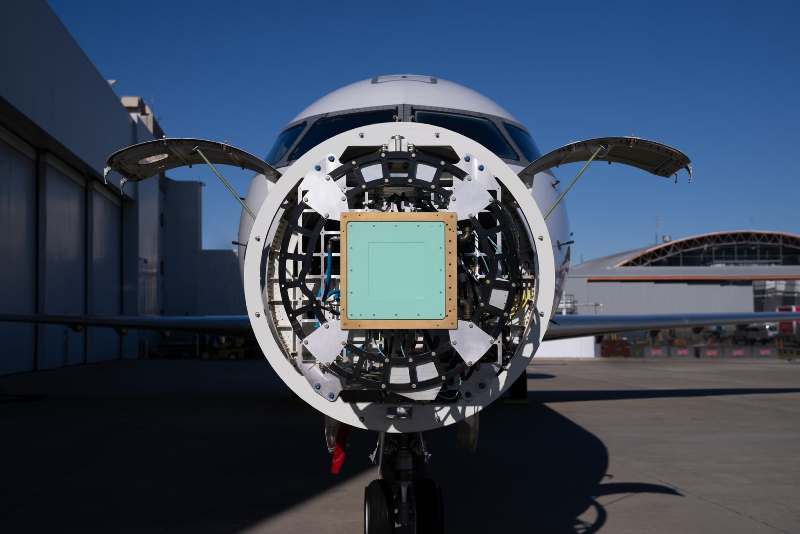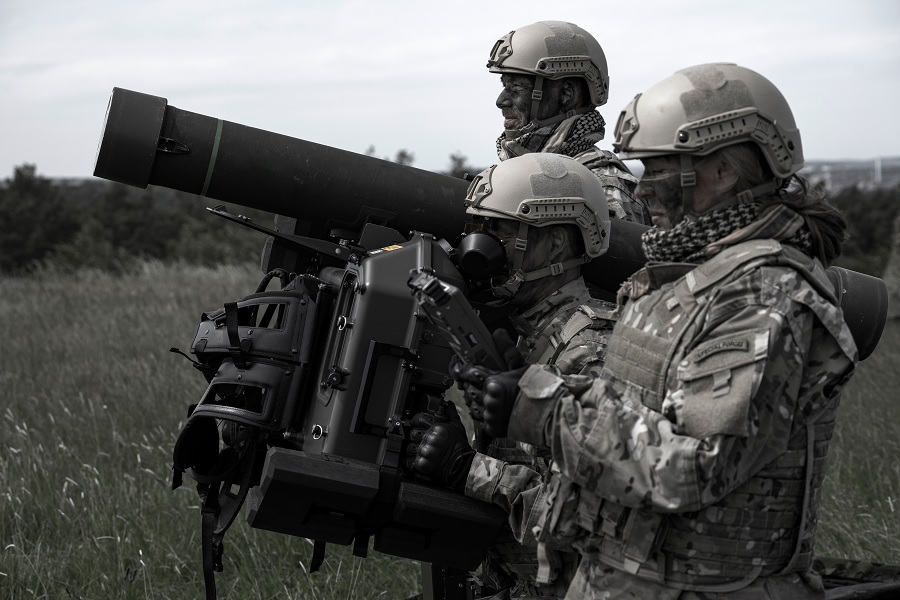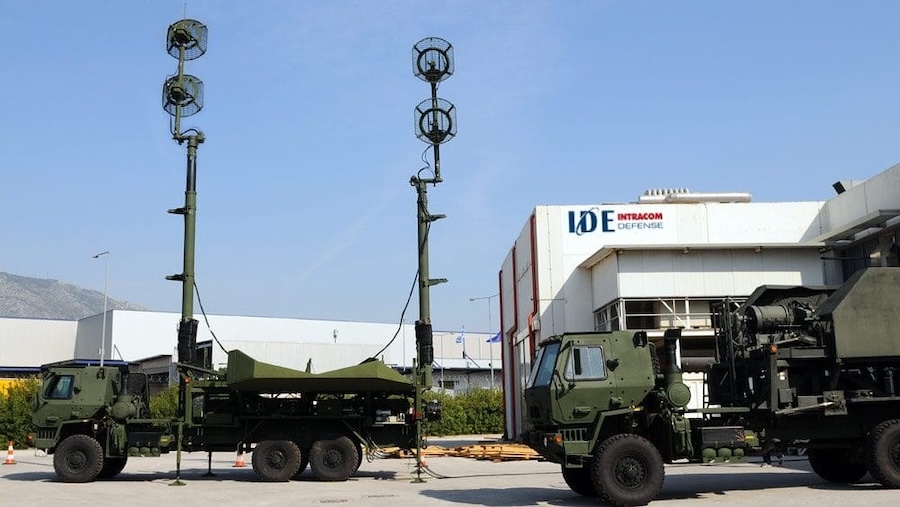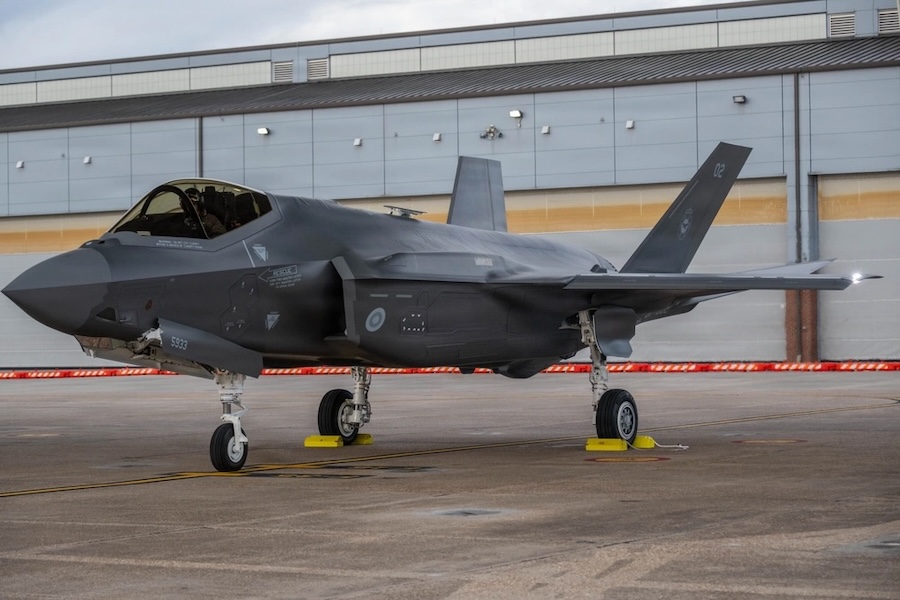The draft represents an expansion and modification of a similarly named law enacted in 2022. Its primary goal is to facilitate and speed up defence-related procurement by introducing exemptions from the general public procurement law.
These exemptions will apply to both military and civilian products and services purchased for the Bundeswehr. The legislation will cover four main areas: exceptions to the Public Procurement Act, simplification of procedures, redefinition of processes in specific domains, and faster appeals processes.
One major change involves raising the value threshold for direct and simplified procurement procedures. The current limit of €15,000 will be increased to €50,000, with the ceiling for arms and equipment reaching €443,000.
Though the sums may appear modest, Bundeswehr entities issue around 8,000 such orders annually, leading to significant cumulative impact. In the construction sector—covering building and renovation—the limit will rise to €1 million, affecting approximately 4,000 orders each year.
Contracts of higher value will also be subject to simplified rules. Additionally, regulations requiring financial guarantees will be relaxed, aiming to support smaller companies and start-ups in bidding processes.
This measure is intended to boost innovation by improving access to procurement for a broader range of suppliers. Another new criterion in awarding contracts will be interoperability, defined as jointly ordering weapons and equipment with NATO partners or purchasing systems already in use abroad.
The review period for procurement procedures is also expected to be shortened to ensure projects are delivered on time. The German Security and Defence Industry Association (BDSV) has welcomed the legislative initiative.
The draft has been submitted to the Bundestag, with a first reading scheduled for the 8 September session. German Defence Minister Boris Pistorius expressed hope that the bill will be passed before the end of the year.
Interestingly, the law is intended as a temporary measure and will remain in effect until 2035.


